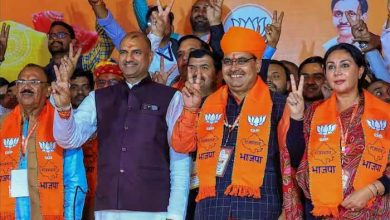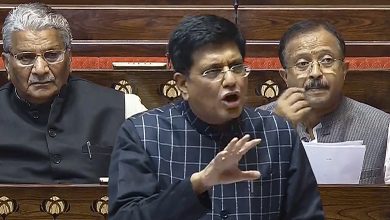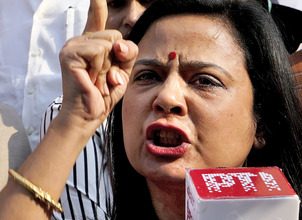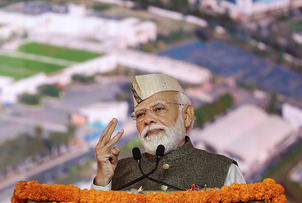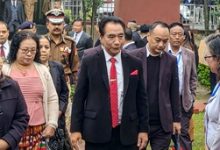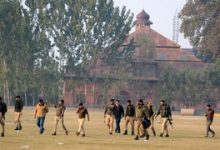Court rejects Pinjra Tod activist Devangana Kalita’s bail plea in UAPA case
New Delhi, Jan 29 (PTI):
A court here has rejected the bail plea of Jawaharlal Nehru University (JNU) student and Pinjra Tod member Devangana Kalita, booked under the stringent Unlawful Activities (Prevention) Act (UAPA) in a northeast Delhi riots case, saying the allegations against her are prima facie and provisions of the anti-terror law have been rightly invoked in the case. The court said the pre-planned vociferous agitation in the name of protesting against the Citizenship (Amendment) Bill, coupled with other resultant activities of confrontation and violence leading to riots, would show that it was meant to cause or intended to cause disaffection against India.
Additional Sessions Judge Amitabh Rawat said in a case of conspiracy of such a large scale, not having a video clip was not so vital as generally, a conspiracy, by its very nature, is hatched in secrecy and not having video clips of such a conspiracy was obvious rather than doubtful.
Kalita was arrested in the case for allegedly being part of a premeditated conspiracy behind the riots.
The court, in its order passed, said in a case of conspiracy, the presence of an accused at a site is not sine qua non (essential condition) for establishing his or her role.
“In the present case, the presence of the accused is established over a period of time. Thus, on the perusal of the chargesheet and accompanying documents, for the limited purpose of bail, I am of the opinion that the allegations against accused Devangana Kalita are prima facie true,” the judge said in his order.
The court said the entire alleged conspiracy, beginning from December 2019 when roads were intentionally blocked roads to cause inconvenience and disruption of the supply of essential services, resulting in violence, and then leading to the February 2020 riots would be covered by the definition of a “terrorist act”.
It noted that there was no gainsaying the fact that according to the Constitution, all the citizens of the country have the right and freedom to protest, including the right to oppose any legislation. However, it is not an absolute right, but subject to reasonable restrictions.


